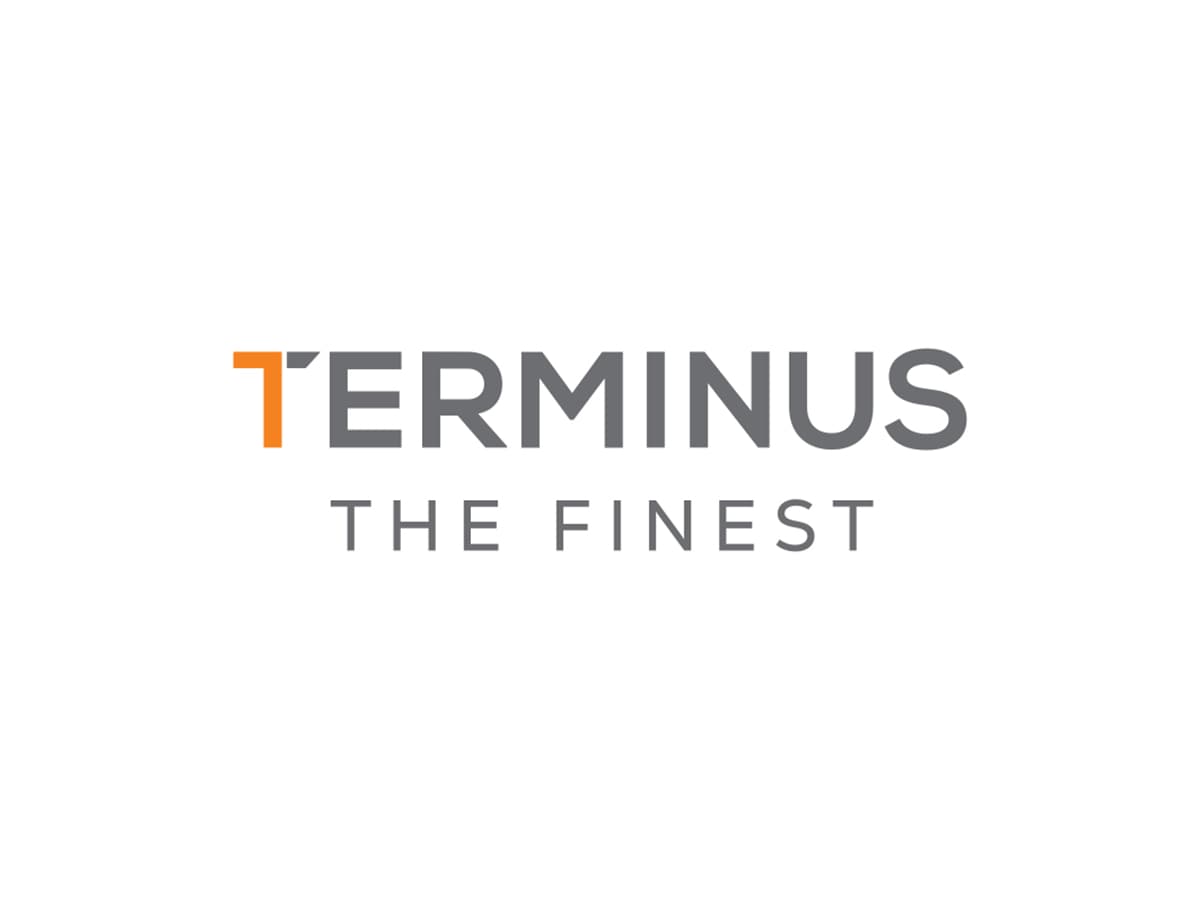Despite this boom in development, demand continues to outpace supply – making India’s real estate sector a magnet for investment. India’s real estate sector saw a three-fold increase in foreign institutional inflows, worth US$ 26.6 billion during 2017-2022, and private equity investments stood at US$ 3 billion in the first half of 2024.
Looking at these numbers, it’s hard to believe that just over a decade ago, investing in Indian real estate often meant signing up for stress, uncertainty, and heartbreak. For most homebuyers, it wasn’t just a transaction – it was the culmination of a lifetime’s savings. And all too often, it ended in delays, broken promises, or worse, unfinished projects.
Developers faced little oversight. Timelines were fluid, funds were often misused, and buyers had almost no legal recourse when things went wrong. The industry operated on handshake deals and blind faith – more speculation than structure.
Against this backdrop, the idea of a real estate firm built on transparency, financial discipline, and delivery felt less like a business plan and more like wishful thinking. But that’s exactly what Terminus Group set out to do.
A Company Born from Crisis
Founded not by design, but by necessity, Terminus Group emerged when founder S.P. Reddy was forced to take over a family land project that had been derailed by a dishonest builder. What began as a salvage operation soon became a statement: real estate could be done differently.
At a time when the norm was opacity, Terminus introduced structure. While others diverted funds across projects, Terminus insisted on clean books and financial ring-fencing. When delays were accepted as industry standard, Terminus made on-time delivery a core promise – and kept it. It was about restoring something the industry had all but lost: trust.
Years before RERA made transparency mandatory, Terminus made it a habit. The company never needed regulations to ensure buyer protections, it had already embedded them into its operating DNA.
Setting New Standards in a Broken Market
SLN Terminus, their flagship 10-lakh sq. ft. mixed-use project, was completed in just 30 months. At the time, that kind of execution was rare. But for Reddy and his team, this wasn’t a fluke – it was proof of concept.
Since then, Terminus has delivered over 6 million sq. ft. of luxury villas, premium apartments, Grade-A commercial spaces, and 5-star hotels. Another 10 million sq. ft. is under active development, spanning sectors like life sciences, education, and hospitality.
Their commercial portfolio includes landmark projects like The District, One West, and One Golden Mile – each designed to global standards and delivered on schedule. In hospitality, their collaboration with brands like Marriott, Westin, and Renaissance speaks to the company’s ability to build not just at scale, but at a standard that global operators demand.
And yet, despite this breadth, the company remains deeply focused on quality over speed. Each new venture – from co-living to biotech labs – is pursued with clear market logic, operational integrity, and long-term sustainability in mind.
Built for Scale, Backed by Systems
Internally, Terminus is structured with sharp operational discipline. Each vertical functions with its own leadership and P&L logic, allowing for agility without losing cohesion. The group also benefits from its dedicated Project Management Consulting (PMC) team, which ensures tight execution and consistent delivery standards across sites.
Key to the company’s stability is its strong financial backbone – a legacy of Reddy’s years in IT and federal consulting in the U.S., where he ran EnGenius Consulting, a global firm with over 250 employees across five countries. That same mindset – of systems, accountability, and financial clarity – now informs how Terminus runs.
Beyond Handover: Owning the Full Experience
In India’s challenging climate, buildings usually don’t age well. However, for Terminus customers, the Terminus experience continues after handover through Emerzhent, a facility management company founded and led by Director Veena Soliporum. The group now manages its properties long after they’re built – ensuring that customer experience doesn’t end at possession.
Emerzhent began by managing internal Mechanical, Electrical, and Plumbing (MEP) services but has since evolved into a full-spectrum property management firm. With over 300 personnel deployed, the company supports biotech labs, luxury residences, and commercial complexes across Hyderabad.
Trust Was Never Optional
In a market that often rewards flash over substance, Terminus stands out for its deliberate pace and principled execution. The company isn’t driven by hype cycles or vanity metrics. Instead, it remains focused on building a reputation that compounds in strength over time. The company’s tagline – “On time, All the time” – goes beyond marketing; it is in fact, a promise. One that’s been kept across sectors, cities, and market cycles.
In the years since its founding, Indian real estate has changed dramatically. Regulations have caught up. Markets have matured. Expectations have risen. For the folks at Terminus, who understand that trust, transparency and on-time delivery should never have been optional in the first place, meeting these expectations isn’t new. It’s just another day at the office.
The pages slugged ‘Brand Connect’ are equivalent to advertisements and are not written and produced by Forbes India journalists.

